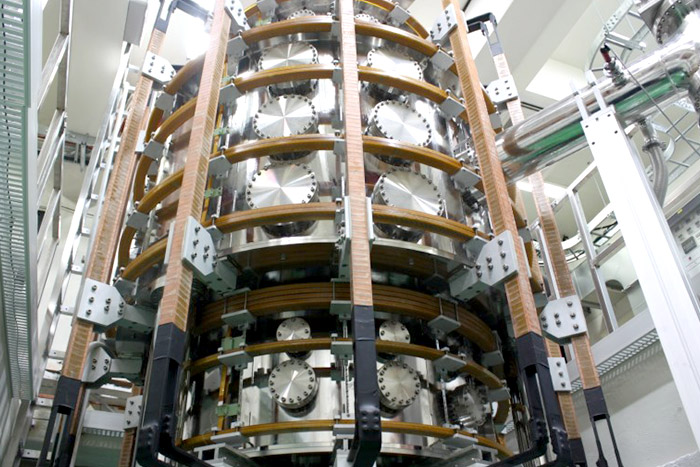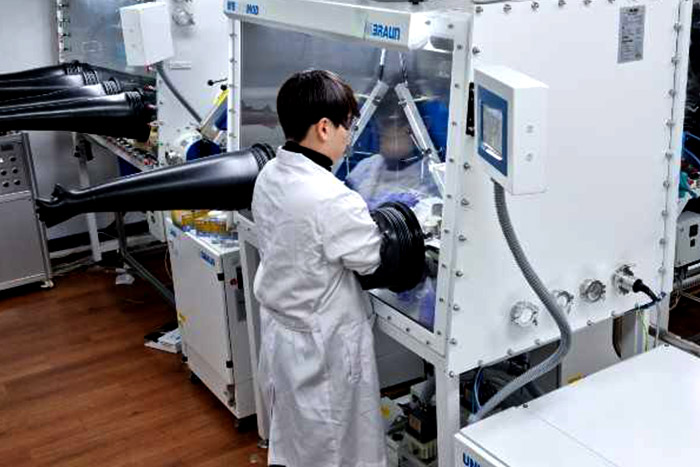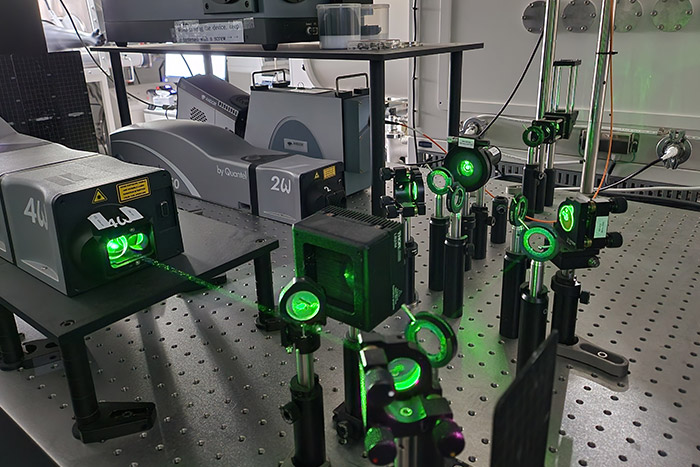Introduction to Nuclear Engineering
A world-class higher education institution that leads education and research in the field of nuclear engineering



Nuclear Engineering is an applied science that develops advanced energy systems and ensures their safe operation, including nuclear power generation, which is widely used today, and nuclear fusion, a future technology with the potential to ultimately solve global problems such as resource depletion, energy sustainability, and global warming.
Nuclear energy is a key strategic resource, particularly for Korea, which depends heavily on imported energy resources. It offers a realistic path to reducing reliance on fossil fuels and mitigating environmental issues. Korea’s global leadership in nuclear technology is evidenced by its outstanding track record of safely and efficiently constructing and operating domestic reactors, as well as the successful export of nuclear power reactors to the UAE and a multipurpose research reactor to Jordan.
Beyond power generation, Nuclear Engineering contributes to the design and operation of large-scale, complex systems such as fusion reactors and particle accelerators—landmarks of national scientific and technological capability. It also drives innovation across various sectors through high-energy technologies such as plasma, radiation, lasers, and neutron beams. These technologies are enabling advances in waste management, materials development, precision measurement, and emerging industries such as biotechnology, nanotechnology, and environmental engineering.
To meet rising energy demands and reinforce Korea’s position as a global technology leader, the Department of Nuclear Engineering is committed to advancing core research capabilities and cultivating the next generation of professionals.
We emphasize innovative research, international collaboration, and the exploration of new scientific frontiers - all while promoting sustainable and strategic solutions for the future.


